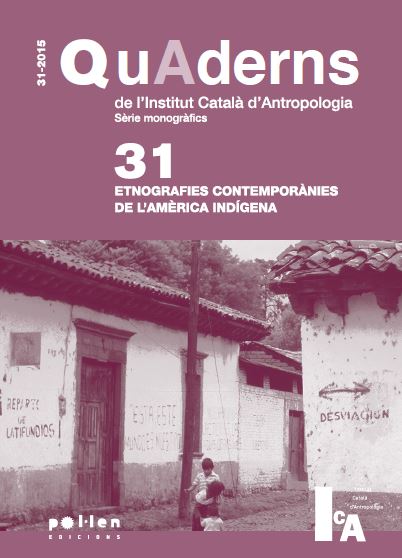Políticas de reconocimiento neoliberales y posneoliberales en Ecuador: continuidades y rupturas
Keywords:
ethnicity, indigenous movements, neoliberalism, postneoliberalism, Ecuador, AndesAbstract
This article focuses on the relationship between political economy neoliberalism and postneoliberalism— and the politics of recognition of cultural diversity in Ecuador. The authors discuss the rise and decline of an indigenous movement capable of both leading social movements in a context of the crisis of the left, and blocking neoliberal restructuring to a certain extent. Neoliberalism was characterized by limited recognition of ethnic diversity while ignoring the class and structural change agenda of these movements. Neoliberal governments conducted targeted economic redistribution, which had the effect of replacing the indigenous leadership, encouraging the movement to focus on short-term development goals, and depoliticizing it. During the postneoliberal period, there have been further losses in indigenous rights. Limited recognition and increased tolerance gave way to state appropriation of social movement agendas, intolerance, and repression of indigenous citizens who do not collaborate with the regime. Furthermore, there has been a reduction in autonomy, participation, and other collective rights previously achieved by indigenous peoples. This is happening in a context in which collective rights have become an obstacle to the expansion of transnational mining and oil interests, the revenues of which are key to financing state budgets.
Downloads
Global Statistics ℹ️
|
176
Views
|
80
Downloads
|
|
256
Total
|
|
Downloads
Published
How to Cite
Issue
Section
License
Distributed under the terms of the Creative Commons Attribution 4.0 International Use and Distribution License (CC BY-NC-SA 4.0)




